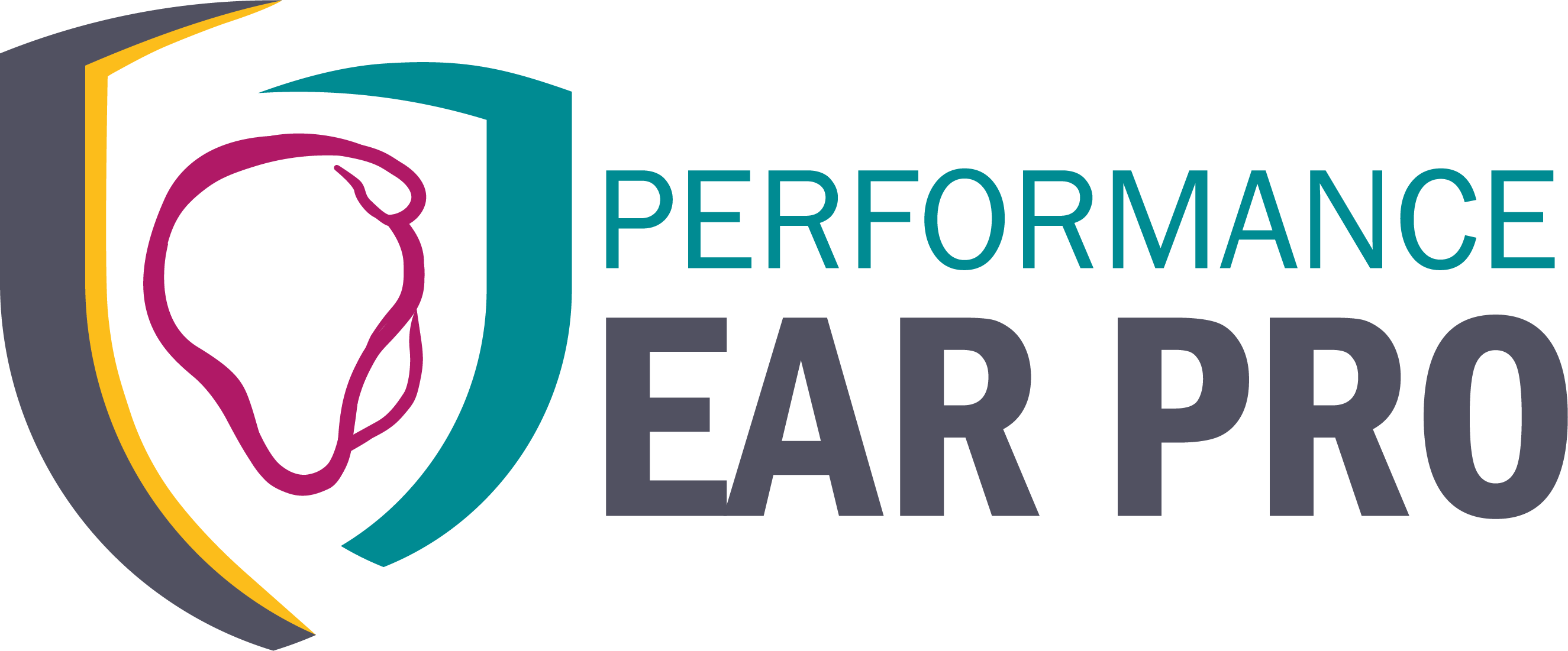You probably aren’t thinking about your hearing when trying to figure out why your lawnmower isn’t cranking. You probably don’t think to put on earmuffs as you jump on the forklift and move pallets through the warehouse. OSHA suggests avoiding noises that rise above 80 decibels. Almost all industrial and professional tools used in construction, manufacturing, farming, and aviation rise above that level.
Hearing damage impacts your financial stability and your mental health. The painful ringing in your ears worsens over time if you don’t take steps to protect your hearing. Tinnitus makes it hard to sleep, lowering your immune system and making you susceptible to illnesses.
Your financial, emotional, and physical stability depends on you protecting your hearing. Let us help!
If you need help deciding which ear protection to purchase, you can check out our recommendations for the following industries and occupations.
Construction Protection
Construction Protection
Construction workers experience prolonged exposure to dangerous decibels every day. The CDC recommends less than sixty seconds of exposure to a drill. Yet, few construction workers think to pop on a set of earmuffs when nailing shingles or house frames.
Power Tool Protection
Power Tool Protection
Did you know that fifty percent of construction workers suffer hearing loss? It sounds impossible but running a chainsaw for fewer than two minutes can cause irreparable damage. Usually, people don’t even notice the damage until it’s too late. The ringing in the ears grows painful; then, high-pitched noises become less audible. People find themselves turning the volume of their televisions louder or unable to follow conversations because the voices seem muffled.
Musical Performance
Musical Performance
Damage to your ears incurred during musical performances can affect your ability to hear musical pitches. One disorder, Diplacusis, causes one ear to perceive a different pitch than the other, which can impact or end your career. Another condition, Hyperacusis, causes the person to feel pain and stress when exposed to extreme noise levels.
Law Enforcement
Law Enforcement
The Law Enforcement Officer (LEO) experiences prolonged exposure to dangerous decibels daily. From the roar of traffic to the blaring sirens, it’s no wonder that as many as 28% of officers report hearing difficulties.
EMTs AND FIREFIGHTERS
EMTs AND FIREFIGHTERS
In the past fifteen years, several lawsuits against siren manufacturers stated that paramedics and firefighters experienced permanent hearing loss due to prolonged exposure to the noise, which was as high as 109 decibels in some cases. Due to situations like these, researchers studied the amount of money spent on hearing injuries in the United States. The estimates rose well past $200 million. Of this money, the majority went to EMS workers.
Aviation
Aviation
Pilots of small aircraft are at the highest risk of hearing damage. While the FAA takes the noise levels of American aircraft very seriously, the risk of hearing loss cannot be understated. Researchers named a pattern of hearing damage “Pilot Ear” because pilots usually experience hearing difficulties in one ear. (Standard headsets protect one ear, while the other is exposed to as many as 105 decibels during takeoff and landing.)
Farmers and Agriculture
Farmers and Agriculture
NIOSH studied hearing loss among agricultural and forestry workers and found that as many as one and three have noise-related hearing loss.
Forestry
Forestry
NIOSH studied hearing loss among forestry workers and found that as many as one and three have noise-related hearing loss.
Sound Engineers
Sound Engineers
Musicians, the movie industry, the entertainment industry, and the audience all rely on good sound engineers. Ironically, a career capitalizing on hearing often leads those pursuing it to experience hearing loss and damage. Over 70% of sound engineers recognized their risk, with as many as 48% saying they had difficulty distinguishing voices in the background. Despite these alarming statistics, very few use hearing protection because they perceive it as an interference.
Let us help you with your professional application!
We can help you find the hearing protection that works best with your occupation.
